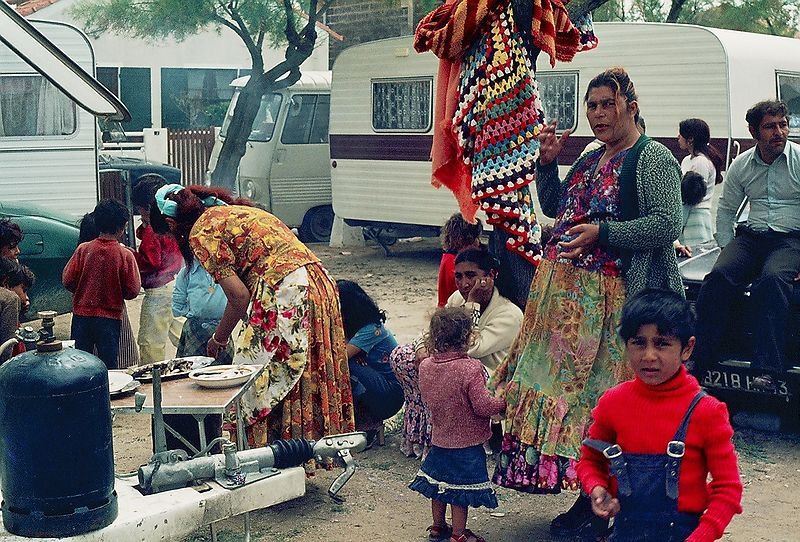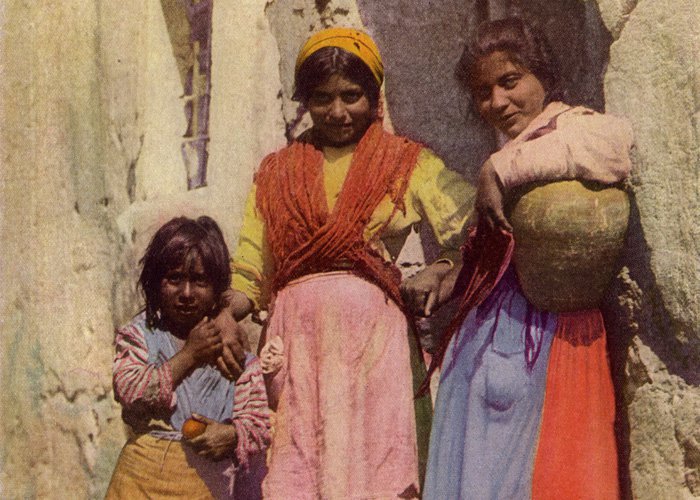It has long been believed that the Roma people, also called Romani or Gypsies, in Europe are of Indian descent. But now a new genetic study says that they could be descendants of Dalits. The study, conducted by Indian and Estonian academics, was published in the journal Nature.
The study compared the Y chromosomes in DNA samples of European Roma to those of thousands of Indians. More than 10,000 samples were examined, including those from men of 214 different Indian ethnic groups.

This helped the researchers, some of them scientists from Hyderabad’s Centre for Cellular and Molecular Biology, confirm the origins of the Roma to a specific location and social background.
The Roma samples most closely matched with men from north-west India, in areas dominated by ‘doma’ or Dalits.
The ‘doma’ are believed to have primarily lived in Rajasthan and Punjab and migrated to Europe between the 6th-11th Century AD. There are estimated to be four million Romani people in Europe (as of 2002), though some organisations say the number could be as high as 14 million.

Their language shares many words with Punjabi and Hindi while phonetically it is similar to Marwari. Its grammar is said to be closest to Bengali.
Another study, conducted in 2012, had also established a strong link between the Roma and Indian tribes. It had collected data on 8 lakh genetic variants from 13 different Romani groups in Europe. They then compared these with samples from the Indian subcontinent, Central Asia and Middle East.
According to the analysis, the initial Roma likely migrated from what is now Punjab in the 5th Century. From there, they probably travelled through Central Asia and the Middle East while mingling with the local populations there. They subsequently entered Europe through the Balkan region—specifically Bulgaria—around the 11th Century.

The latest findings have been welcomed by Britain’s Gypsy Council, which said it would help to promote understanding of Roma people throughout Europe.
“We are Britain’s first Non-Resident Indian community,” council spokesman Joseph Jones told The Telegraph.

















